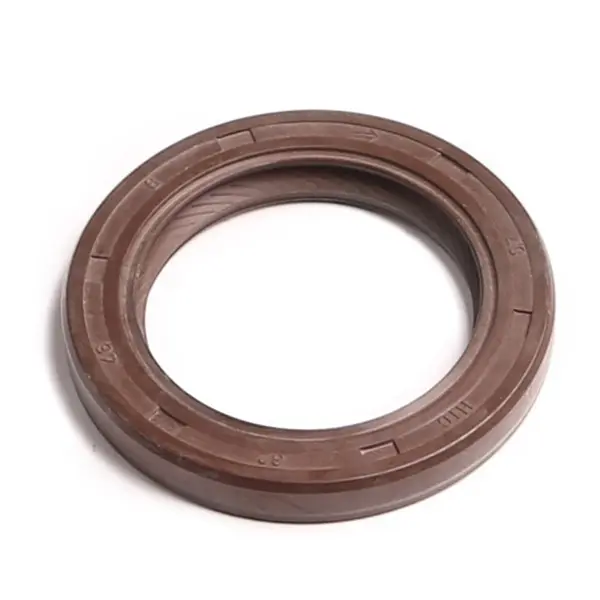8 月 . 14, 2024 11:01 Back to list
Understanding the Importance of Car Oil Seals for Vehicle Performance and Longevity
Understanding Car Oil Seals Functions and Importance
Car oil seals play a crucial role in the overall functioning and longevity of a vehicle's engine. These small yet essential components are designed to prevent oil leakage and contamination, ensuring the engine operates smoothly and efficiently. Understanding the functions and significance of oil seals can help car owners maintain their vehicles better and avoid costly repairs.
What Are Oil Seals?
Oil seals, also known as radial shaft seals, are circular components made of rubber or other materials that seal the gaps between rotating and stationary parts of an engine. Their primary purpose is to retain oil in critical engine areas, preventing it from leaking out while also keeping dirt, dust, and other contaminants from entering. This sealing action is vital for maintaining optimal performance and extending the lifespan of the engine.
Types of Oil Seals
There are several types of oil seals used in vehicles, each designed for specific applications. The most common types include
1. Crankshaft Seals Positioned at the front and rear of the crankshaft, these seals protect the engine oil from leaking and prevent debris from entering the crankcase.
2. Camshaft Seals Located at the ends of the camshaft, these seals ensure that oil remains contained within the engine's upper compartment, promoting proper lubrication and functionality.
3. Transmission Seals These seals are important for preventing fluid leaks in the transmission system, which is crucial for smooth gear shifting and overall performance.
4. Wheel Seals Found in the wheel bearings, these seals prevent grease loss and protect the inner components from foreign particles.
Importance of Maintaining Oil Seals
car oil seal

The integrity of oil seals is vital for the health of a vehicle. When oil seals become worn, cracked, or damaged, they can lead to significant issues, including
- Oil Leaks A compromised seal allows oil to escape, resulting in low oil levels, which can lead to engine overheating and severe internal damage.
- Contamination A faulty seal can permit dirt and moisture to enter the engine, leading to contamination of the oil. This can cause accelerated wear and tear of engine components.
- Poor Performance If oil cannot circulate properly due to leaks or contamination, it can lead to increased friction and decreased efficiency, affecting overall vehicle performance.
Signs of Oil Seal Failure
Car owners should be aware of the common signs of oil seal failure, which include
- Oil Puddles If you notice puddles of oil under your vehicle, it may indicate a failing oil seal.
- Engine Noise Unusual noises from the engine can be a sign that insufficient lubrication is causing increased friction.
- Warning Lights Many modern vehicles have sensors that alert the driver to low oil levels or engine issues. If a warning light appears on your dashboard, it’s essential to investigate promptly.
Conclusion
Car oil seals are integral to a vehicle's function, working silently yet effectively to prevent leaks and protect the engine from contaminants. Regular maintenance, such as checking for signs of wear and ensuring that oil levels are adequate, can help car owners avoid the pitfalls of seal failure. Understanding the role of oil seals empowers drivers to keep their vehicles in top condition, enhancing performance and ensuring safety on the road. For any concerns, consulting a professional mechanic is always a prudent choice to maintain the longevity of your vehicle.